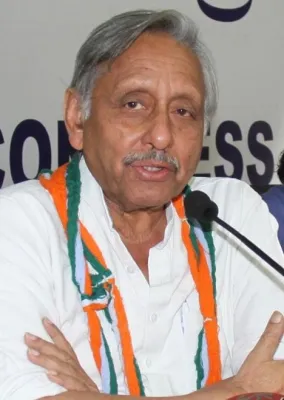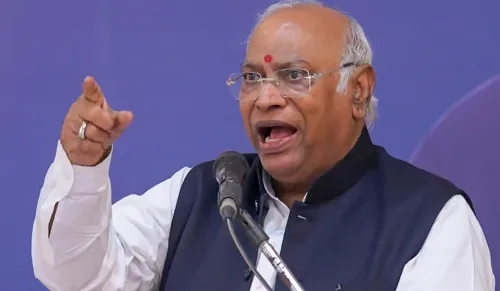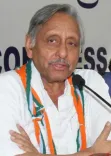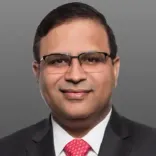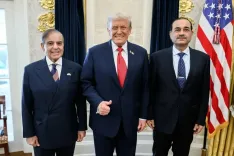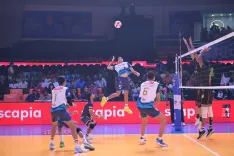Why Did the SC Deny Interim Bail to Kashmiri Separatist Leader?
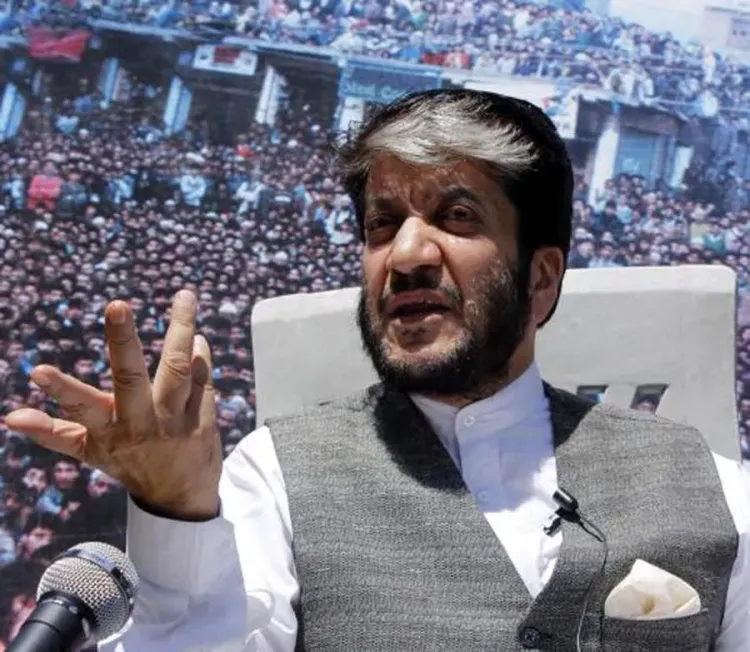
Synopsis
Key Takeaways
- The Supreme Court denied interim bail to Shabir Ahmed Shah, emphasizing national security concerns.
- Shah has been in custody since June 2019, with ongoing trial proceedings.
- The NIA's involvement underscores the serious nature of the allegations.
- The case highlights the balance between individual rights and state security.
- Legal proceedings continue amidst significant public interest.
New Delhi, Sep 4 (NationPress) The Supreme Court on Thursday refused to grant the immediate release of Kashmiri separatist leader Shabir Ahmed Shah on interim bail in a case concerning alleged terror funding.
However, a Bench consisting of Justices Vikram Nath and Sandeep Mehta requested the opinion of the National Investigation Agency (NIA) regarding a special leave petition (SLP) filed by Shah for bail.
The Justice Nath-led Bench seemed unconvinced by the arguments presented by senior Advocate Colin Gonsalves, who contended that Shah's “very sick” state justified his release.
Previously, the Delhi High Court had dismissed Shah's bail application, indicating that it could not be disregarded that, as the Chairman of an unlawful organization, he might engage in similar illegal activities and could potentially tamper with evidence or influence witnesses yet to be interrogated.
“Even though the appellant (Shah) has been in custody for five years, charges have already been established, and the trial is in progress. There is no delay on the part of the prosecution in examining its witnesses,” articulated a Bench of Justices Shalinder Kaur and Navin Chawla, rejecting his request on the basis of trial delay.
Moreover, the Justice Kaur-led Bench stated that there was no merit in considering Shah's alternative request for house arrest, given the serious accusations against him and the sensitive nature of the issues at hand.
Shah was taken into custody in June 2019 and is purported to have played a crucial role in fostering a separatist movement in Jammu and Kashmir.
He is also charged with 'honoring' the families of deceased terrorists, obtaining funds through hawala transactions, and generating revenue via LoC trade to support subversive and militant endeavors.
The NIA has asserted that numerous individuals implicated in conspiring to generate funds aimed at destabilizing Kashmir and waging war against the Indian government were involved.
Shah's name was included in the second supplementary charge sheet filed by the NIA on October 4, 2019.

